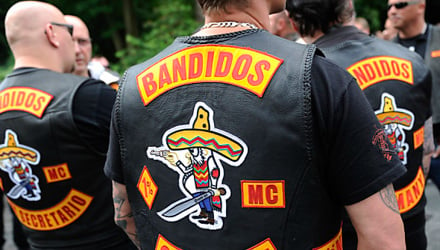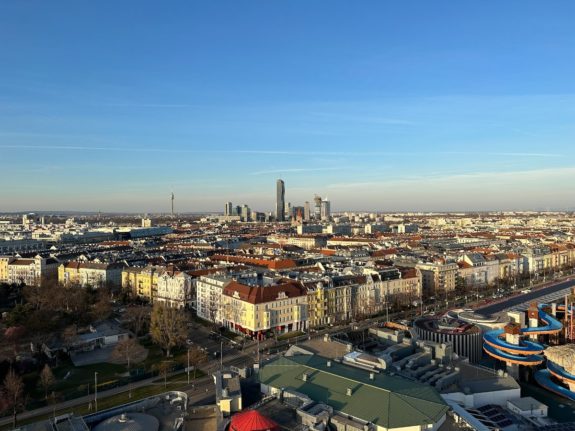The gang is thought to have established its first Austrian club in Salzburg. So far there is no evidence that it has been engaged in illegal activities, although it is believed to have “close links” to organised crime.
According to the Kurier the Salzburg club hasn’t yet established itself as an official ‘chapter’ of the gang, but has registered itself as a limited company described as “an advertising, internet, and event agency" which specialises in products for "martial arts, security, and lifestyle".
The company is also listed as one of the organizers of a major martial arts event in Salzburg in December. Its sales room is painted in the Bandidos club colours – red and gold.
There are reports that a second club is planned in Vienna.

The club building in Salzburg's Hans-Schmid-Platz. Photo: Stadt Salzburg/Info-Z
Traditionally Austria has been the territory of rival motorcycle club The Hell’s Angels, and the Kurier speculates that problems could arise should the Bandidos start to expand in Austria.
In Germany the Bandidos and the Hell’s Angels have waged a brutal turf war. According to investigators in Germany the struggle is over who controls the trade in drugs, illegal weapons, and brothels.
The Federal Criminal Police Office in Vienna said it would follow developments in the biker scene in Austria closely. "Salzburg police are aware that the club is active," said police spokeswoman Irene Stauffer. "On the ground floor there is a business, on the upper floor, the club rooms."
However, she said that as no problems or incidents have been reported so far, and as there is no evidence of criminality the police will not be carrying out an investigation.
The Bandidos club was formed in 1966 in the American state of Texas, by former U.S. marines who fought in the Vietnam War.
The first European chapters developed in France in the 1980s, followed by groups in Scandinavia.



 Please whitelist us to continue reading.
Please whitelist us to continue reading.
Member comments